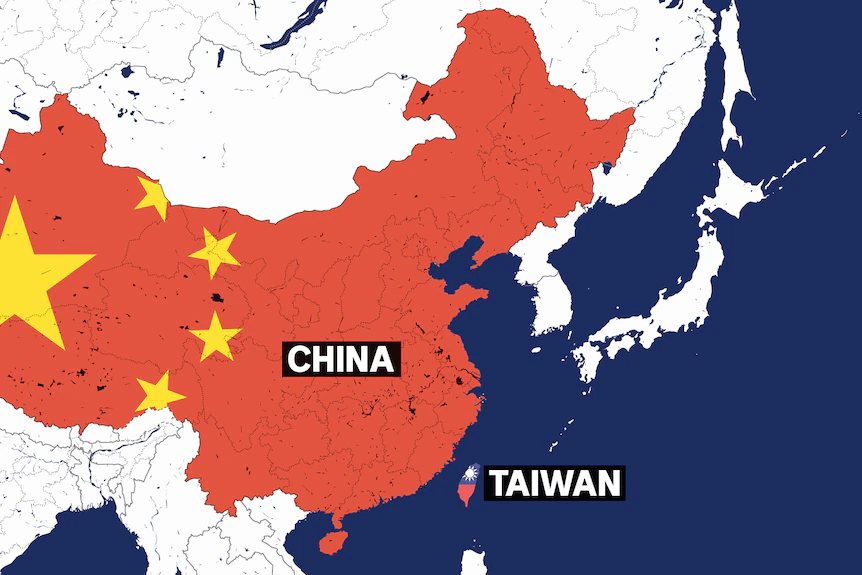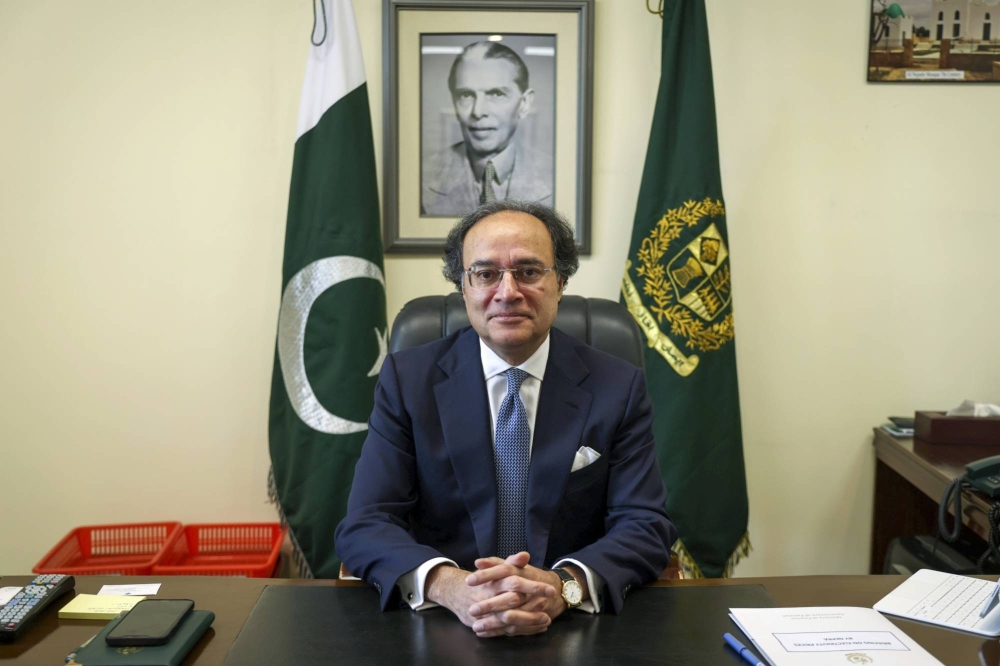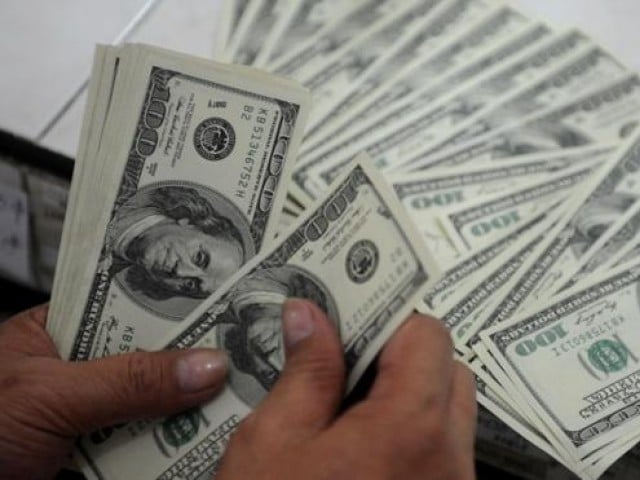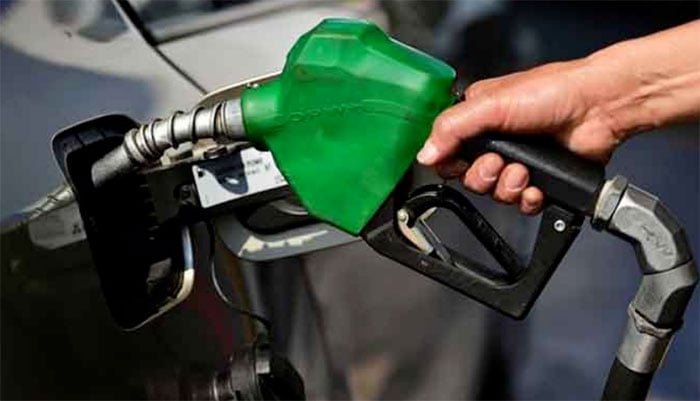On Sunday, Taiwan urged China to respect its democratic choice and face the reality of its sovereignty, after the island’s voters rejected Beijing’s threats and elected Lai Ching-te as their president.
Lai, who is seen by China’s Communist Party as a separatist leader, won a convincing victory over his pro-Beijing rival Hou Yu-ih, despite Beijing’s repeated appeals to the voters not to support him.
China, which considers Taiwan as part of its territory and has not ruled out using force to annex it, reacted to Lai’s win by saying that it would not alter the “unstoppable trend of China’s reunification”.
Lai, who belongs to the ruling Democratic Progressive Party (DPP), had promised to protect the island from China’s “bullying” and on Sunday Taiwan’s foreign ministry asked Beijing to acknowledge the outcome.
“The Ministry of Foreign Affairs urges the Beijing authorities to respect the election results, face reality and stop oppressing Taiwan so that positive cross-strait interactions can resume on the right track,” it said in a statement.
A US delegation, sent by President Joe Biden’s administration, will land in Taipei on Sunday, a move that is likely to anger Beijing.
The delegation, which includes a former US national security adviser and a former deputy secretary of state, will meet “a range of leading political figures” on Monday, according to the statement by the island’s de facto US embassy.
China on Sunday denounced a statement by US Secretary of State Antony Blinken congratulating Lai on his victory.
“We strongly resent and firmly oppose this, and have lodged serious protests with the US side,” a foreign ministry spokesperson said.
They added that Washington’s statement “gravely violates the one-China principle” and its commitment to maintain only unofficial ties with Taiwan.
“We urge the US to stop its official interaction with Taiwan and stop sending any wrong signal to the separatist forces for ‘Taiwan independence,’” the spokesperson said.
‘External forces’ Lai defeated Hou by more than 900,000 votes on Saturday, after a campaign that was marked by diplomatic pressure from Beijing and almost daily intrusions by Chinese fighter jets.
In his victory speech, the 64-year-old Lai thanked the voters for not being influenced by “external forces” that tried to sway the election.
He said he wanted to cooperate with China, which is Taiwan’s largest trading partner, and maintain peace and stability, but vowed not to be intimidated by Chinese aggression.
“We are determined to safeguard Taiwan from ongoing threats and harassment from China,” he told his supporters.
Four Chinese naval vessels were spotted in the waters around the island on the day of the election, according to Taiwan’s defence ministry, and one high-altitude balloon flew over.
China had warned Taiwan’s voters before the election to make the “correct choice”, saying that Lai would bring the island closer to war.
Lai will take office on May 20 along with his vice-presidential partner Hsiao Bi-khim, who was Taiwan’s former representative to the United States.
Both of them were the targets of disinformation campaigns during the election that experts linked to China.
The turnout of 72 per cent showed a high level of enthusiasm among the electorate and voter Tsai Jin-hui said on Sunday that Beijing should mind its own business.
“What China thinks is their problem. We are electing the president of our own country,” the 62-year-old taxi driver told AFP.
Continuity World powers are eager to see as much stability as possible between China and Taiwan, especially because of the crucial role the island plays in the global economy.
The Taiwan Strait is one of the world’s most important maritime trade routes and the island itself is a major tech producer, especially of vital semiconductors, which are the tiny chips used in everything from smartphones to missile systems.
Lai and the DPP have moderated their previous calls for independence, saying that there is no need for a formal declaration since Taiwan is effectively independent.

















































